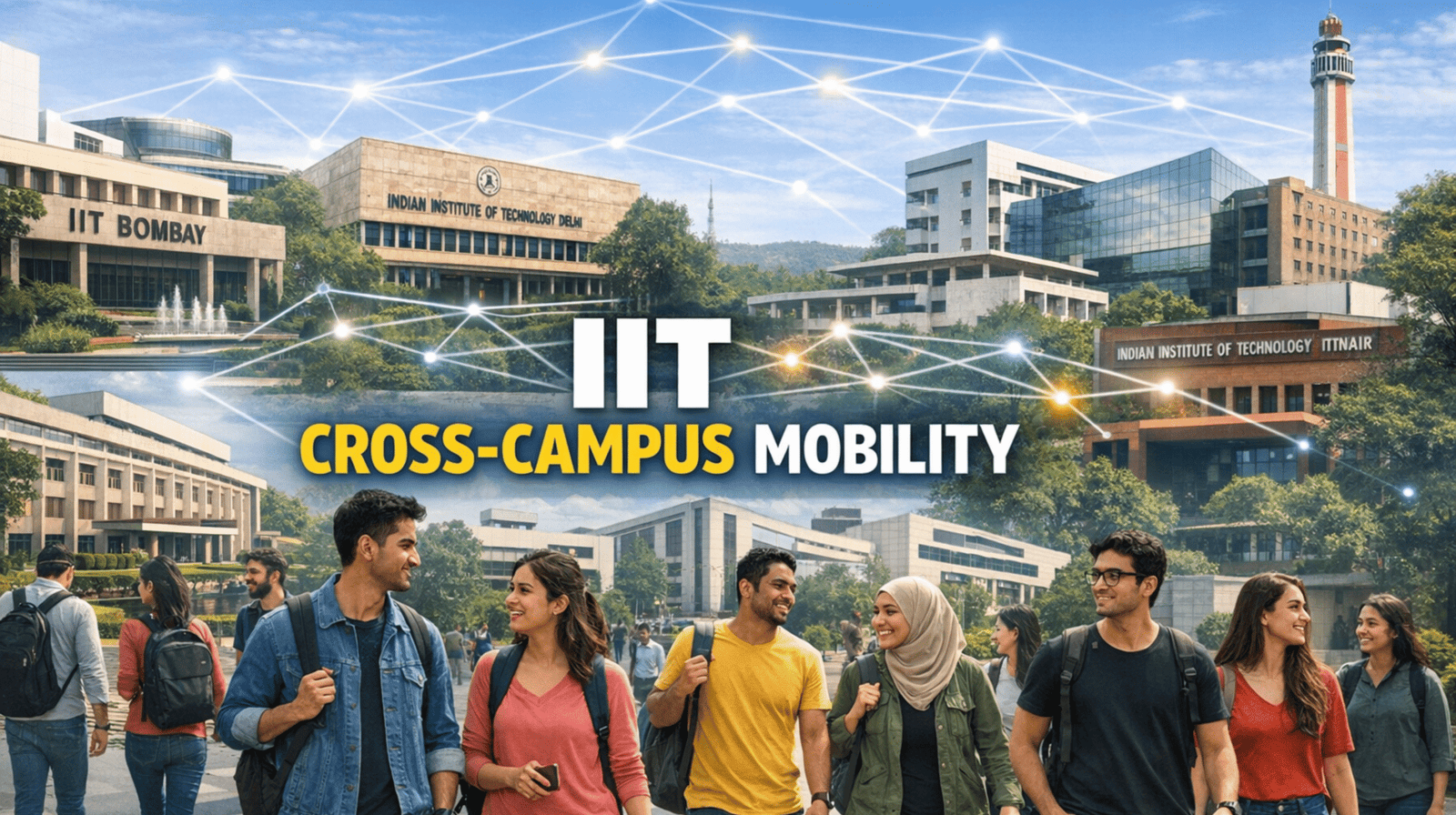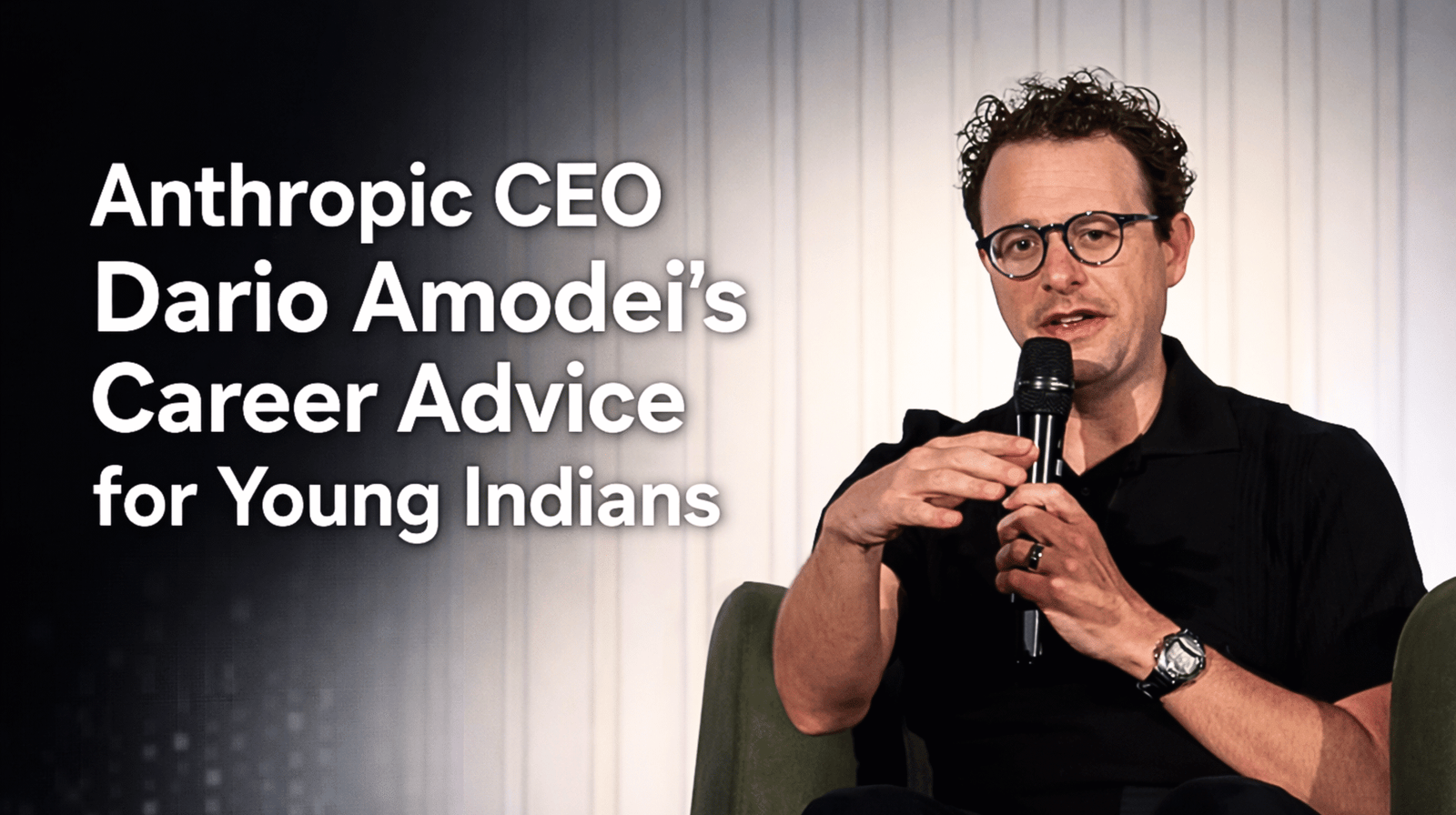🧾 What Is Blockchain and Why It Matters in Education
Blockchain is a decentralized digital ledger system where records are stored in a secure, unchangeable format across a network of computers. While widely known for its use in cryptocurrencies, blockchain’s potential in education is revolutionary—especially when it comes to issuing and verifying academic certificates.
India is now witnessing a shift toward digitally verifiable degrees and diplomas, and blockchain is at the heart of this transformation. From preventing forgery to enabling instant cross-border verification, blockchain is redefining the credibility and accessibility of educational records.
📚 Current Problems with Traditional Academic Certificates
India’s education system faces several challenges when it comes to academic documentation:
- Fake certificates and forged degrees
- Manual verification processes
- Lost or damaged paper documents
- Time-consuming background checks for employment and higher studies
Employers, universities, and even government departments have often found it difficult to verify educational credentials, especially when the issuing institution is located in another state or country.
🛡️ How Blockchain Solves These Problems
Here’s how blockchain brings a revolutionary change:
✅ 1. Tamper-Proof Credentials
Once a certificate is uploaded to a blockchain, it cannot be altered or forged, thanks to the cryptographic encryption of data.
⏱️ 2. Instant Verification
Employers and institutions can verify credentials in seconds by scanning a QR code or accessing a public blockchain ledger.
🌐 3. Cross-Border Recognition
Blockchain-based certificates can be verified globally, making international admissions and job applications more seamless.
🧩 4. Ownership by Students
Students get direct access to their digital certificates, stored in secure digital wallets, reducing dependency on physical copies or institutional verification.
🏛️ Who Is Using Blockchain in Education?
India’s National Academic Depository (NAD), under the University Grants Commission (UGC), already uses blockchain for storing degrees from many accredited institutions. Notable examples include:
- CBSE launched DigiLocker-based blockchain certificates for class 10 and 12 students.
- Indian Institute of Technology (IITs) and Delhi University have begun issuing blockchain-secured degrees.
- AICTE now encourages affiliated colleges to upload student records on digital public ledgers for transparency.
Internationally, institutions like MIT, Harvard, and University of Nicosia have been early adopters of blockchain-based academic credentials.
🧠 Benefits for ITI Students, Job Seekers, and Colleges
- ITI and vocational trainees can get industry-recognized credentials that are verifiable by companies during campus placements.
- Colleges and training institutes can reduce administrative overheads related to reissuing certificates or handling verification requests.
- Employers benefit from speedy and reliable background checks, especially for high-volume or gig workers.
🔮 What’s Next for Blockchain in Indian Education?
- One Nation, One Digital Certificate: Proposed by the Ministry of Education to unify all academic records under a secure blockchain-based system.
- Skill Certificates via Blockchain: NSDC and Skill India are exploring blockchain for PMKVY and other vocational training programs.
- Integration with Aadhaar and DigiLocker for seamless access and eKYC.
📚 Useful Resources
- 🔗 DigiLocker Portal
- 🔗 National Academic Depository (NAD)
- 🔗 UGC India
- 🔗 CBSE Digital Certificates
- 🔗 Blockchain in Education by UNESCO
⚠️ Disclaimer
This article is for informational purposes only. CareerVarta does not issue or verify academic or skill-based certificates. For official information, students and institutions are advised to consult government portals and accredited educational bodies directly.









